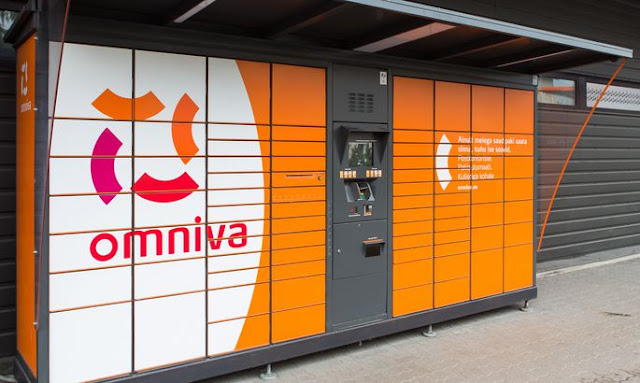How to succeed in the sharing economy
Fastcompany published a very good article how the sharing economy, that everybody believed in five years ago, has pretty much died. With the notable exeptions of AirBNB, Uber and the likes, that is unfortunately true. The businesses that enable you to lend your powerdrill to your neighbours have not been successful. However, we should not yet bury the idea of the sharing economy! As if we analyse the success and failure of the businesses there are some clear differentiators that make the businesses fly. I would list here three of the most important ones:
The more expensive the shared item is, the better. Appartments (AirBNB, Booking.com) and cars (Uber, Autolevi) are good segments. Powerdrills costing 30 euros are not good for sharing. Essentially the cost and hassle of renting should be marginal compared to the cost of the item.
Renting out the item should be sensible as a business and attractive for small investors. People do not want strangers to use (and break) their own stuff, drive with their cars or stay in their homes. Investing into items with the purpose of renting them out is a completely different thing, but then the income needs to be bigger than the depreciation + cost of the hassle of renting.
Finally and maybe most importantly the key success factor is the possibility of shortcuting some taxes, (unnecessary) regulation, insurance costs or similar. I am pretty sure that in many countries the AirBNB appartment owners have the advantage of optimising VAT, income and other taxes compared with ordinary hotels. Same goes for Uber in many countries. The lack of this benefit by the way is the main reason for Uber's mediocre success in Tallinn.
The more expensive the shared item is, the better. Appartments (AirBNB, Booking.com) and cars (Uber, Autolevi) are good segments. Powerdrills costing 30 euros are not good for sharing. Essentially the cost and hassle of renting should be marginal compared to the cost of the item.
Renting out the item should be sensible as a business and attractive for small investors. People do not want strangers to use (and break) their own stuff, drive with their cars or stay in their homes. Investing into items with the purpose of renting them out is a completely different thing, but then the income needs to be bigger than the depreciation + cost of the hassle of renting.
Finally and maybe most importantly the key success factor is the possibility of shortcuting some taxes, (unnecessary) regulation, insurance costs or similar. I am pretty sure that in many countries the AirBNB appartment owners have the advantage of optimising VAT, income and other taxes compared with ordinary hotels. Same goes for Uber in many countries. The lack of this benefit by the way is the main reason for Uber's mediocre success in Tallinn.

Comments
Post a Comment